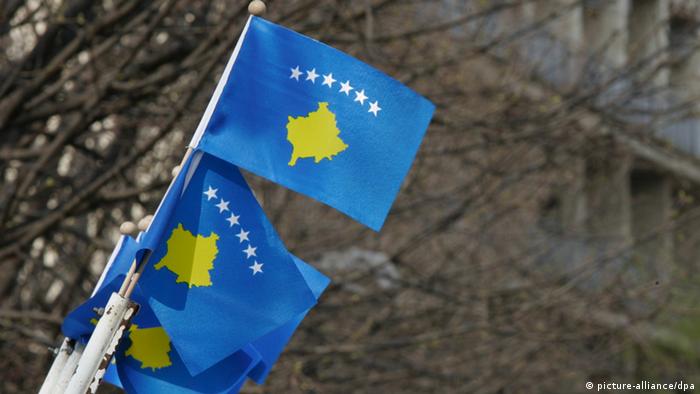Serbia's parliament has overwhelmingly approved normalizing ties with its former breakaway province Kosovo. The historic accord will allow Belgrade to begin negotiating its eventual admission to the European Union.
Both the nationalist incumbents and the center-left opposition approved the deal on Friday, which recognizes Kosovo's authority over ethnic Serbs in the north, while also granting them a degree of autonomy from the ethnic-Albanian-dominated government in Pristina.
Of the 203 parliamentarians present, 173 voted in favor of the agreement, which was finalized on April 19 and has already been approved by the Serbian government.
Only 24 parliamentarians voted against the deal, most of them from the ultranationalist and euroskeptic Democratic Party of Serbia. There was a heavy police presence outside the parliament, with hundreds of ultra-nationalist protesters shouting "treason" and "you betrayed Kosovo."
Prime Minister Ivica Dacic described the vote as a question of Serbia's fate as a nation in Europe, while maintaining that the agreement does not recognize Kosovo's independence.
"This is not just a simple vote about the agreement," Dacic told parliament, after a day-long heated debate. "This vote shows what we stand for and which way we want to go."
"Yes, we could have rejected the deal and thus become the North Korea in Europe, but what would happen with Serbia then," Dacic said.
Negotiations to begin with Brussels
Normalization of ties with Kosovo was a condition for Serbia to begin negotiations to eventually join the EU. On Monday, the European Commission officially recommended the launch of membership negotiations with Belgrade. The commission also recommended beginning negotiations with Kosovo to bring Pristina closer to the EU.
"The agreement with Pristina has sent a strong message across the whole of Europe about Serbia's European attitude," EU Enlargement Commissioner Stefan Fule said on Friday before the parliamentary vote. "Serbia moved beyond past conflicts and closer to the future within Europe."
In 2008, Kosovo declared independence, a move which Serbia still officially rejects. Serbian troops were driven from Kosovo, when NATO launched a bombing campaign in 1999 to end alleged war crimes against the majority ethnic Albanian population.
Many Serbs in Kosovo's north have rejected Pristina's authority and still recognize Belgrade as their legitimate government.
More than 90 countries have recognized Kosovo's independence, including the United States and 22 of the EU's 27 member states.
slk/lw (AP, AFP) dw de

Comments